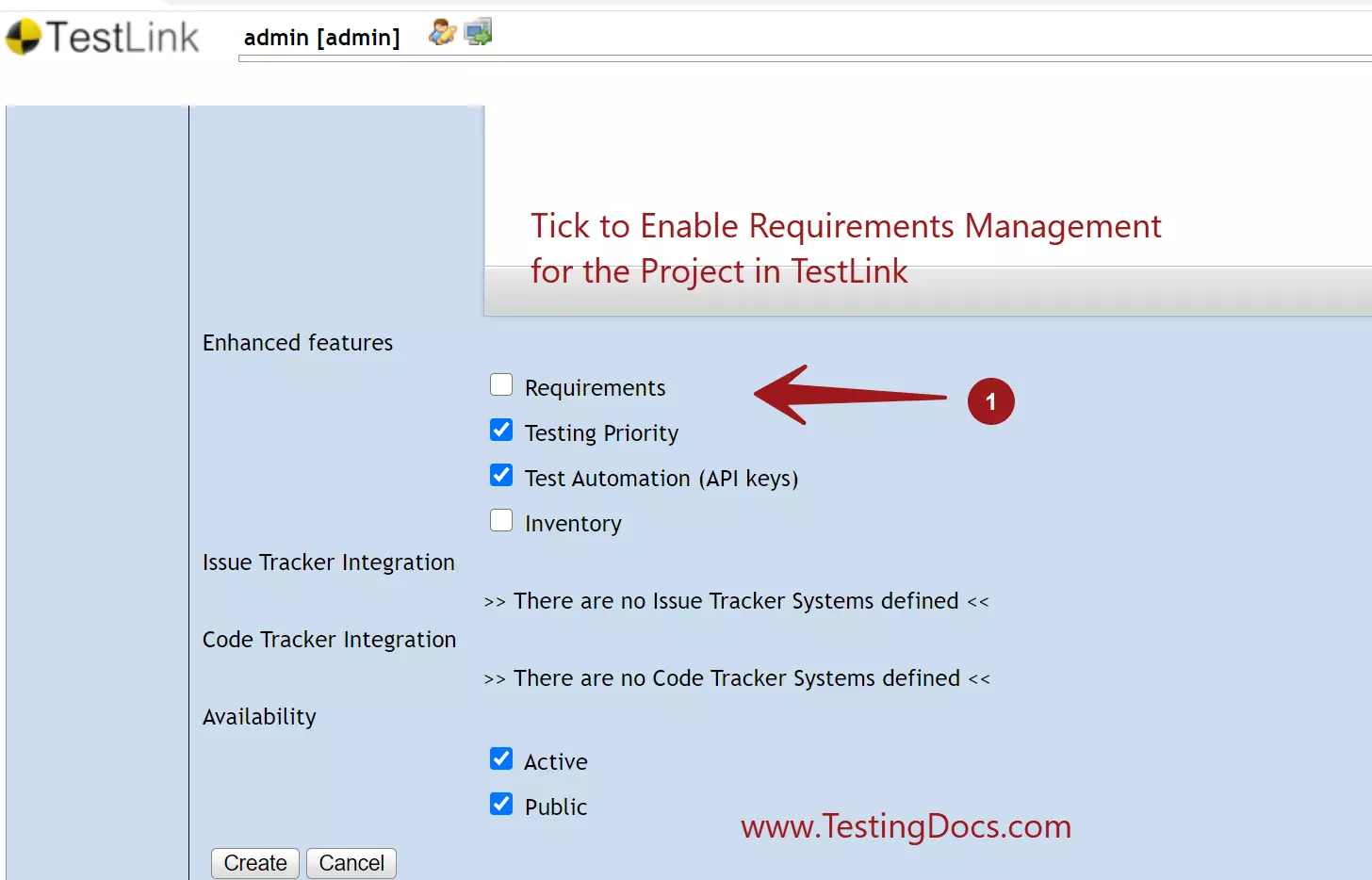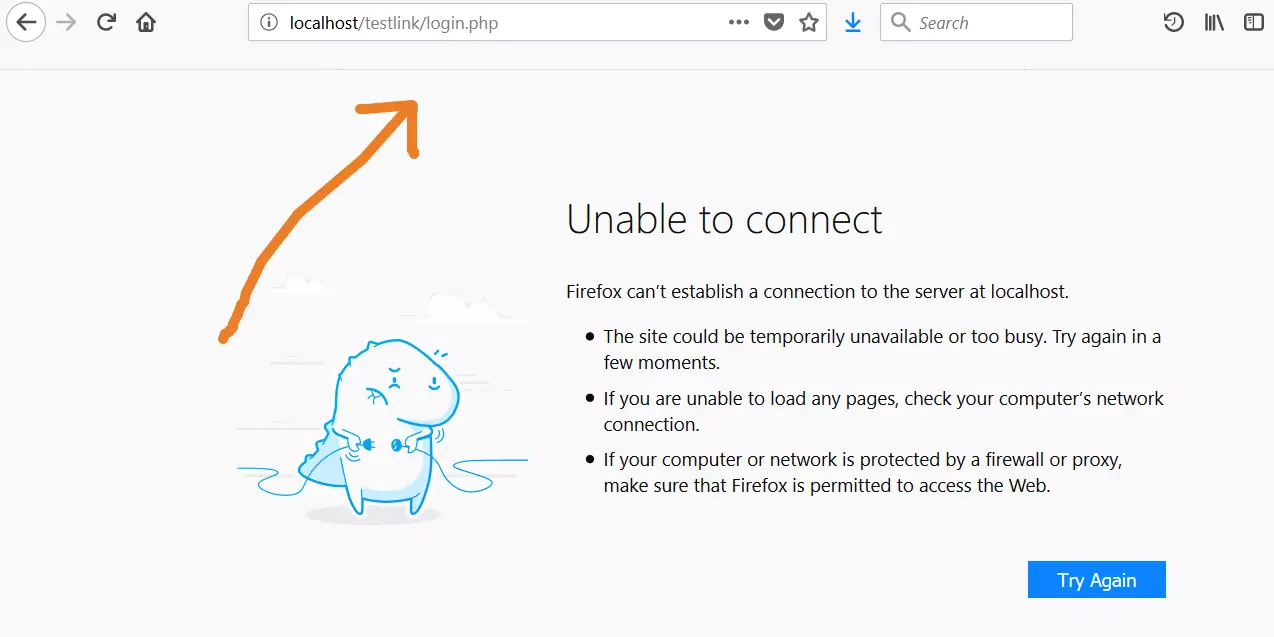Different Types of Software Requirements
Overview
A requirement is a statement that specifies what is expected from the product or the application by the user. We can use TestLink to manage different types of Requirements. Let’s have a look at different types of Software Requirements in this tutorial.
Classification
Requirements can be broadly classified into:
- Business Requirements
- User Requirements
- System Requirements
- Functional Requirements
- Non Functional Requirements
Business Requirements
Business requirements are high level ideas or statements of the product by the inventor, project sponsor, project stakeholders etc.
User Requirements
As the name suggests these are User centric. User requirements are the requirements specified by the users of the product from their perspective. Users can be the product stakeholders like customers, end-users, business users, investors ,staff members etc. User requirements are non technical, broad, narrative text statements, wish list, etc . In Agile methodology user requirements are documented as user stories.
System Requirements
As the name suggests these are System centric. System requirements are detailed requirements of what the system should do. These are documented by system architects, domain experts, project managers, technical architects etc. The team will consider the user requirements as input for documenting the system requirements. These requirements are designed from the implementation and design of the product perspective.
Functional Requirements
Functional requirements are related to the core functionality of the product. Functional requirements specify what is expected from the product by the user. Use cases and Use-case Diagrams are used to document the system behavior and expectations.
Non-Functional Requirements
Non functional requirements are not related to the functionality of the product. These requirements are related to usability, look and feel, security , reliability, performance of the product etc. For example, Page load time of the webpage in the product environment.
Requirements should be clear, complete , unambiguous etc for good design and development of the product.
Requirements Management in TestLink
We can enable the Requirements management module for a Project in TestLink. Check the Requirements checkbox when creating a Project in TestLink.

If the project follows Waterfall model, requirements are gathered in the Requirements gathering phase of the SDLC from the stakeholders. There are several techniques to gather requirements.
TestLink Tutorial on this website:
https://www.testingdocs.com/testlink-tutorials/








